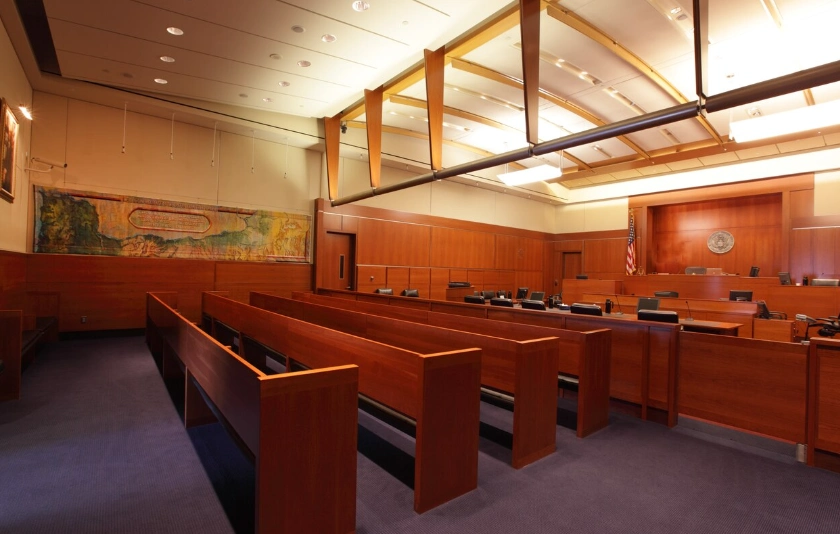Willamette University College of Law announced today that it would terminate conditional scholarships for future admitted students. All College of Law awards going forward will be renewable on the basis of academic good standing. The College of Law also plans a holistic review of scholarship awards held by current students with a goal of partially mitigating the effect of the conditional scholarship model under which they were admitted.
Over the past roughly two decades, financial assistance at law schools across the country has moved increasingly toward merit-based grants. Conditional scholarships are a form of merit-based assistance, the retention of which depends on the student maintaining a particular grade point average above and beyond academic requirements that apply to all students. As a general historic matter, students who are out of compliance with the conditions of the scholarship lose the award.
As of 2019-20, approximately 43% of law schools, Willamette among them, have offered some form of conditional award. “The conditional scholarship system has been an important part of our budgetary model in the past,” said College of Law Dean Brian Gallini, “but we have become increasingly concerned that the consequences of the conditional scholarship system fall inequitably on particular students, including students of color, members of the LGBTQ+ community, and those who experience increased physical or mental health problems during their academic journey.”
Willamette will replace conditional scholarships with durable awards; i.e., those that are renewable as long as a student maintains academic good standing. In a durable scholarship system, all students retain their scholarships so long as they meet fundamental academic standards applicable to all students. “We hope this initiative brings with it increased transparency both to our current and prospective students,” he added. That replacement will immediately impact all incoming students who are admitted and join the class of 2025.
In addition to prospectively abandoning conditional scholarships in favor of durable awards, Willamette has also committed itself to studying whether it can partially mitigate the effect of the conditional system on current students by providing some durable scholarships to existing students. That review will commence immediately and it is anticipated that the comprehensive review will be complete by the end of June. “The task of ending this long-standing practice is a difficult one, but we are committed to enhancing transparency, access, and equity in legal education,” Dean Gallini said. “Eliminating conditional scholarships at our institution is a significant step in that direction.”




